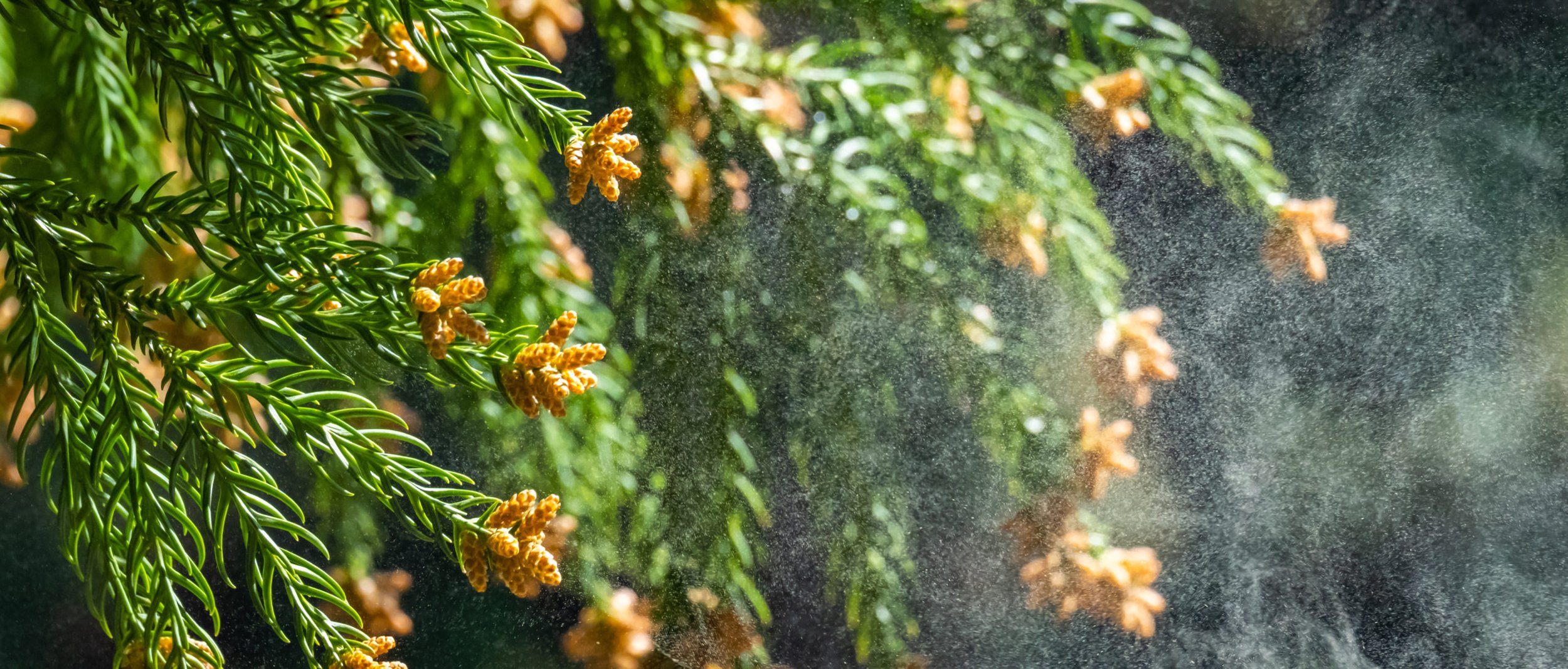Salt Therapy for allergies
When the weather gets warmer and the greenery returns, most people with seasonal allergies think that they only have two options. The first is suffering from an itchy and runny nose, irritated eyes, and sinus pain and congestion whenever they go outside. The second is having to use multiple forms of allergy medications, which can often cause equally uncomfortable side effects, every day for months on end.
Luckily, there are actually many more options available! Keep reading to learn what makes salt therapy a great holistic treatment plan for managing seasonal allergies.
Natural Alternative for Allergy Relief
As opposed to the system of conventional medicine, which increasingly makes people feel like they are forced to choose the lesser of two evils, the system of alternative medicine offers many different methods of healing that are gentle, safe, and highly effective for many people.
By carefully utilizing natural, time-tested materials and processes that the body is able to recognize, alternative medicine can often avoid the downsides of conventional medical treatments while still delivering powerful results. Plus, due to their growing popularity, more and more research is coming out that supports the efficacy of various alternative healing methods. In the case of respiratory issues, including seasonal allergies, halotherapy (better known as salt therapy) is one method that is worth a try.
Downsides of Conventional Allergy Treatments
Seasonal allergies affect more than 1 in 4 American adults, and an even higher percentage of children. This means that their immune systems strongly react to the pollen released by trees, grasses, and some other plants. Since pollen is very small and floats through the air, it can easily get inhaled and land in the eyes.
When this happens, the immune system attacks it with inflammatory compounds and histamines in the areas that it makes contact with (the eyes, nose, sinuses, throat, and lungs), and these areas get itchy, irritated, and extra sensitive. They also produce tears and mucus in order to flush the pollen out of them. This is why allergy sufferers often require multiple daily medications—including anti-inflammatories, antihistamines, nasal sprays, eye drops, and decongestants—in order to target all of the different symptoms in different areas.
However, allergy medications have become infamous for causing moderate-to-severe negative side effects, including drowsiness, dizziness, headaches, and nausea. They also tend to have a relatively high potential for dependency, addiction, and misuse. In comparison, salt therapy is very well tolerated by most individuals, with the most common side effects being mild coughing and sneezing during sessions.
How Can Salt Therapy Improve Allergies?
During a salt therapy session, pure pharmaceutical-grade salt is ground into a very fine powder and then blown into the air. The microscopic salt particles are meant to land on the body and be deeply inhaled so that they can reach throughout the whole respiratory tract. The many healing properties of the salt then begin to ease the symptoms of the allergic reaction.
Salt is anti-inflammatory and anti-bacterial, which are two of its most beneficial properties. This is why salt water is commonly used to clean piercings or soothe a sore throat: it helps to calm and sanitize inflamed or damaged tissue. Dry salt is also highly absorbent, which is why it is used on icy roads and to preserve food. A lesser known property of salt is that it is mucokinetic, which means it helps to thin and mobilize congestion-causing mucus. The combination of these properties are what makes salt therapy especially helpful for seasonal allergies.
As described in this scientific review, it can lower the levels of inflammation and histamines in the affected tissues, which helps to widen the airways and relieve itching and soreness. Due to being absorbent and mucokinetic, it reduces swelling and excess fluid, and makes the mucus (that pollen sticks to) much easier to expel from the nose and lungs. Plus, the anti-bacterial effect of the salt works to eliminate bacteria in the respiratory tract that could further aggravate the immune response. In the same review, researchers from one study found that salt therapy was effective for over 80% of patients with pollen allergies.
Further, other studies have found that salt therapy boosts overall health and wellbeing by helping to regulate immune function, increase oxygen uptake, and improve the function of cilia (tiny structures that keep the respiratory tract clear) by removing excess mucus.
So, if you’re sick of side effects and would prefer a natural way to stay comfortable this allergy season, consider this safe and effective approach!




